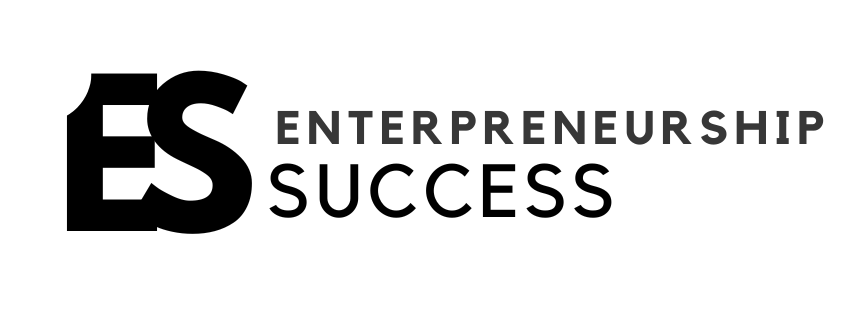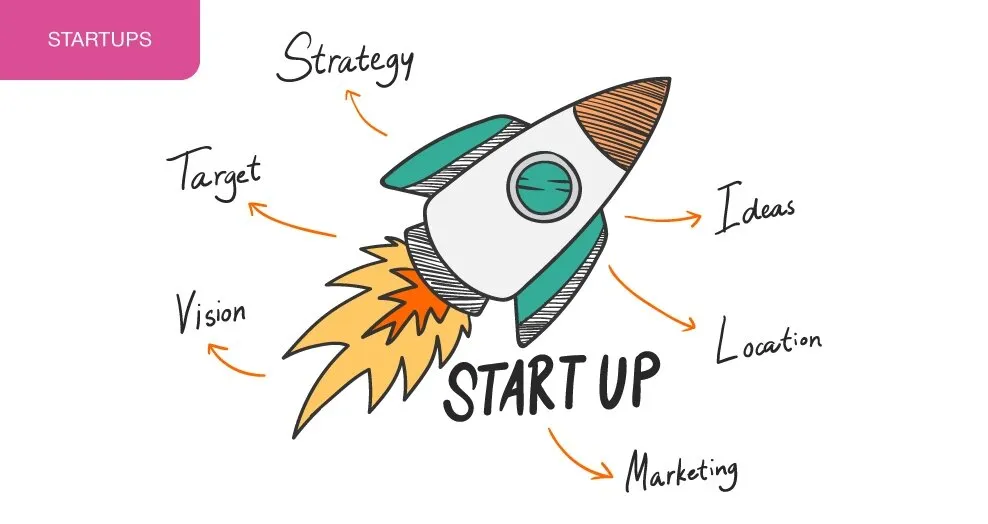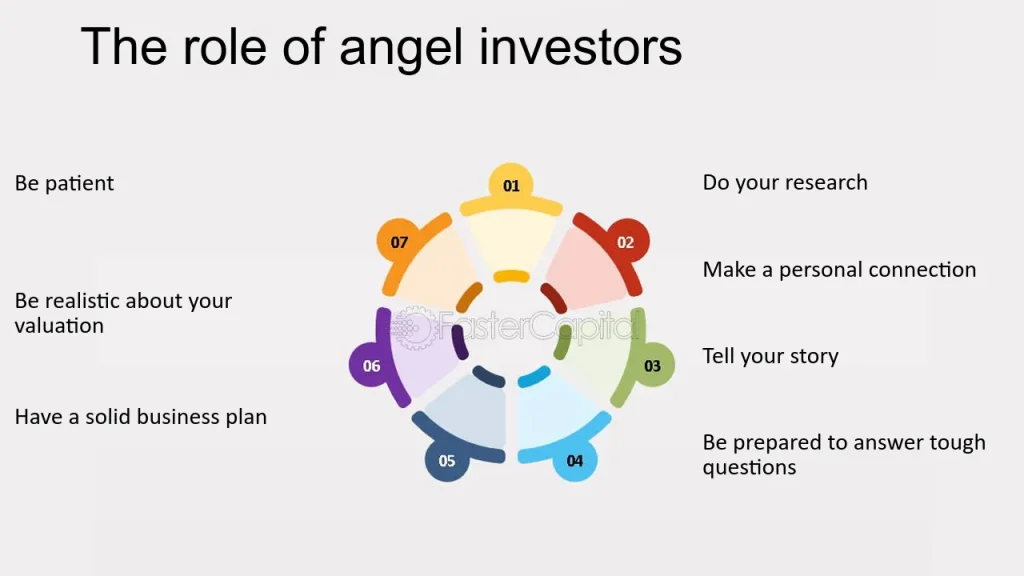As mentioned earlier, the failure rate of start-ups in Nigeria and the world over are on the high side. Though, the rate varies in different regions and countries. Whichever way we look at it the failure rates are high. Many studies have stated that only one in five new businesses survive after about five years of operation or even less. That’s a 20% success rate. There are many reasons why new businesses fail, even though some are properly funded. In a recent online poll conducted by the popular blog; www.vc-4africa.biz, it found that the foremost reason why start-ups fail in Africa is “poor business execution” by the entrepreneurs. The second major cause is “lack of funds”. In that list also included unwillingness to adapt to changing market conditions, attributed to lack of experience and qualified staff. Also, is the excuse that the business is going too fast, the prepotency of single founders, no viable market and unfair competition among others are the common excuses. Typically, in Nigeria, the high cost of production could be caused by poor infrastructure. A number of these problems could be overcome if the founder of the start-ups had some form of guidance at the early stage. Someone or a group of people to provide advice, contacts, expertise and of course, finance, but who are these set of people? The Angels: Angel investors or business angels, whichever, refers to a group of individuals who have “free cash”, have been successful in their businesses and are looking for opportunities to make investments in start-ups or early stage companies. They provide not just capital, but also their networking business mentoring and guidance to young management teams, hence the term “angles”. They play key roles in several developed economies of the world, because they serve as a bridge between when the business owner is starting, with little experience, capital or assets, to when he or she has perfected his/her business model and has started generating some cash flow. The angels get in early enough, and take a risk on the start-up company in return for a stake in the company when or if they become successful. However, because of the great amount of risk they are taking, they will be expecting above average market returns. The phenomenon of angel investment actually started in the 1900s in the USA as a number of Broadway plays were financed through this medium. In the late 1900s the concept of angel investment became organized with the brand of angels in Silicon Valley. Since then institutional angel investment is becoming prominent the world over. This form capital needs to be taken seriously because even when bank and private equity firms scaled back their support to companies during financial crises, angels still kept on investing, thus angel investors are less sensitive to market cycles. The small business association (SBA) of the USA estimates that about 250,000 angel groups fund about 30,000 companies in a year, investing $20-50 billion per annum. This amount is actually higher than the estimated funding that comes from the venture capital industry annually. At times angels do not usually know the individual companies they are investing in, but do see the prospect of a strong business, and want to help that the company get ahead. Nigeria and Angel investments: Whiles they are few formal angels net-work in Africa, some people have been supporting firms or companies on individual basis, example, the “Nollywood” movie industry in Nigeria. Though not formalized, movie producers approach wealthy individuals who provide them with money, distribution net-works and sometimes dictate the movie stars they want to see in the movie. This process worked for both the producers and the angels. The movie producer was able to get funding for his project which he couldn’t get from any other source, even the banks. And the investor gets above market returns for his investment. This practice exists in various industries and countries in various forms and guises. However, in order for Nigeria to get the best out of this frame work, there is the need to put some structure to angel investment. One possible reason for the lack of growth or openness about this form of investment in Nigeria could also be that the traditional angel investors have been private about their investments. Be that as it may, there is the possibility that this asset class offers numerous advantages for Nigeria and other African countries, investors and the overall entrepreneurial ecosystem. 90% of the USA investment resources are from the private sector. There are private investors ready at all time and willing to fund new projects. Unlike in Nigeria, we see on daily basis young Nigerians showcasing stereo-type inventions and brilliant ideas of new products that can command market customers in the news media, you see the broadcasters compelling investors to invest in the ideas, all to no avail. The media companies in their efforts also televise the programs often, compelling investors and even the government to buy into the young ideas. But unfortunately many young talented brains in Nigeria with their innovations have gone down the drain for many years, mainly for lack of start-up funds. Eventually, and of course, the invention will be silenced after no one offered to come forth to invest in their new ideas and products. Unlike in the USA, the government had already made provisions for funding start-up businesses of all sorts. CHALLENGE OF THE ANGELS IN NIGERIA: The challenge for policy makers is to device ways to spur this asset class for the benefit of investors and entrepreneurs in Nigeria. The angels do often worry about getting the right kind of deals or entrepreneur to back. If there are no budding start-up firms to support, then there is no need for angels. Some countries or region suffer from the lack of entrepreneurial culture. Another problem could be appropriate valuation from both the prospective investor and the entrepreneur’s point of view. Further, because the angel’s investing space are loosely organized and a bit secretive, entrepreneurs






